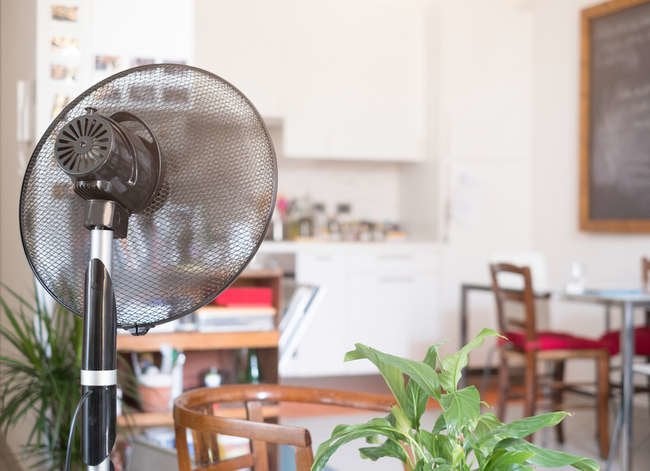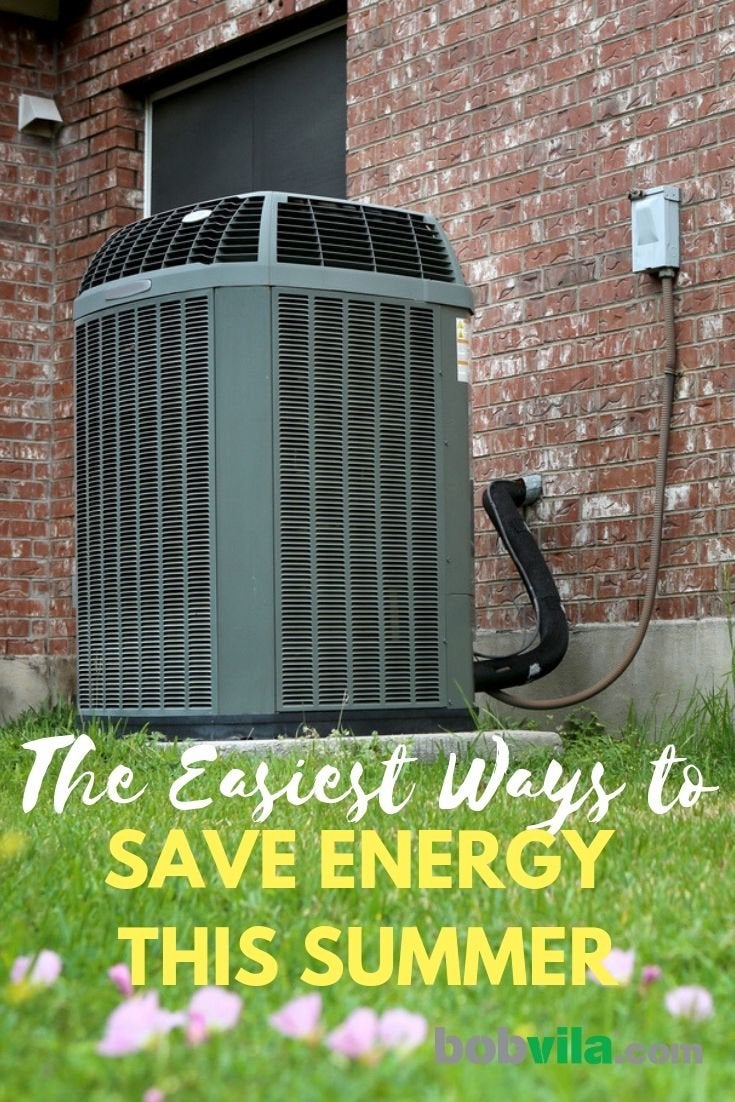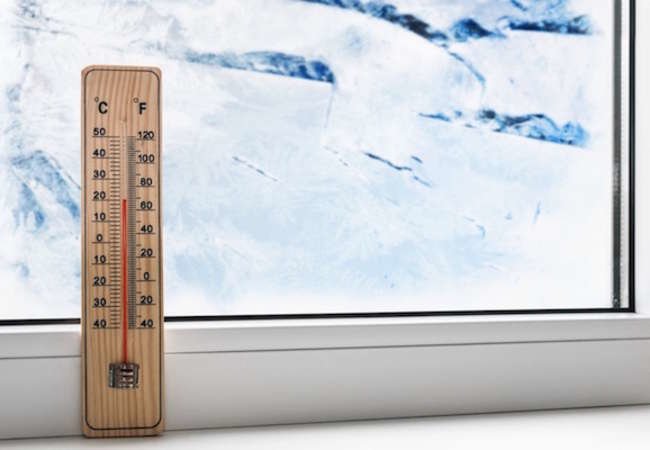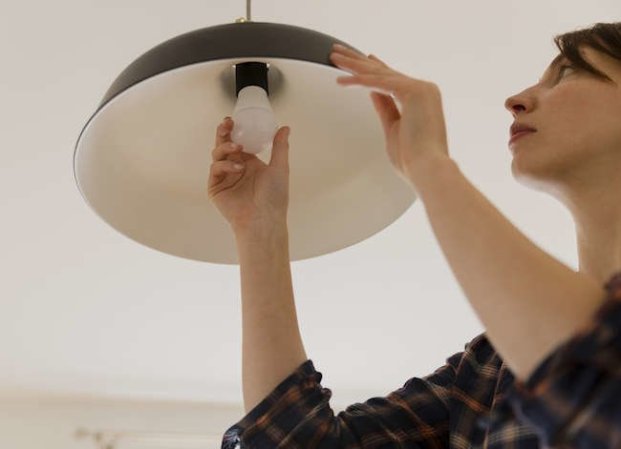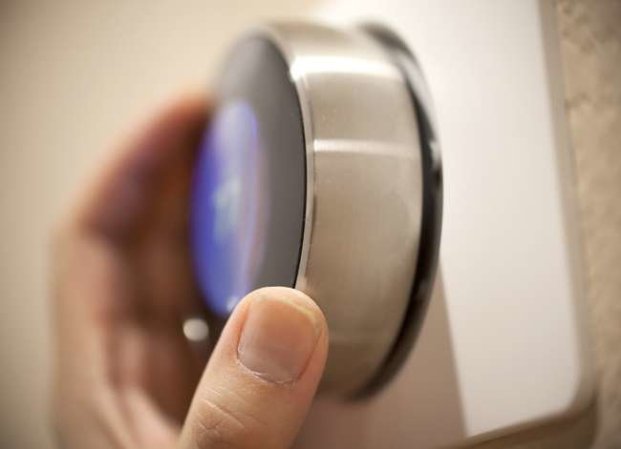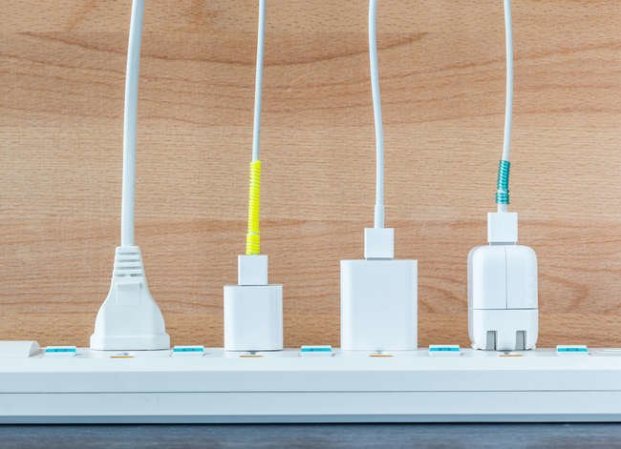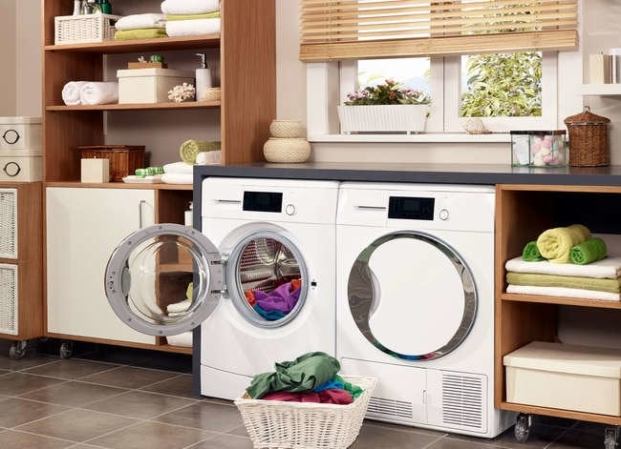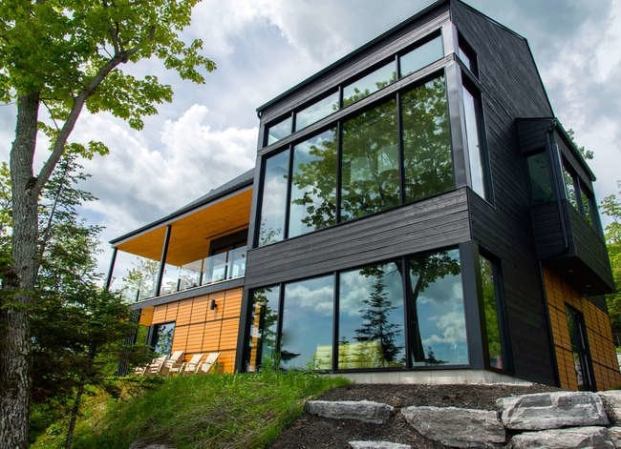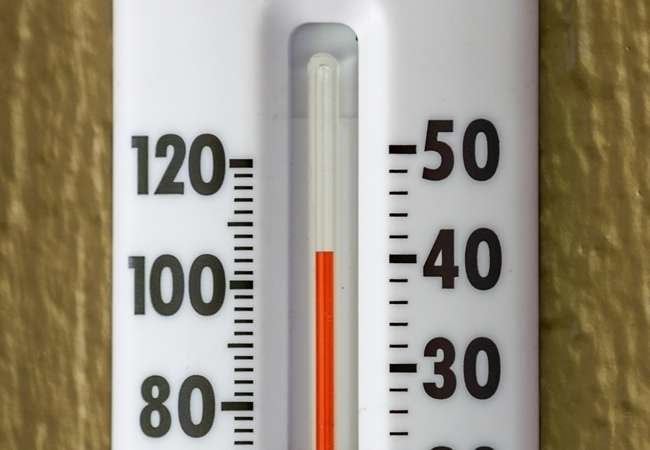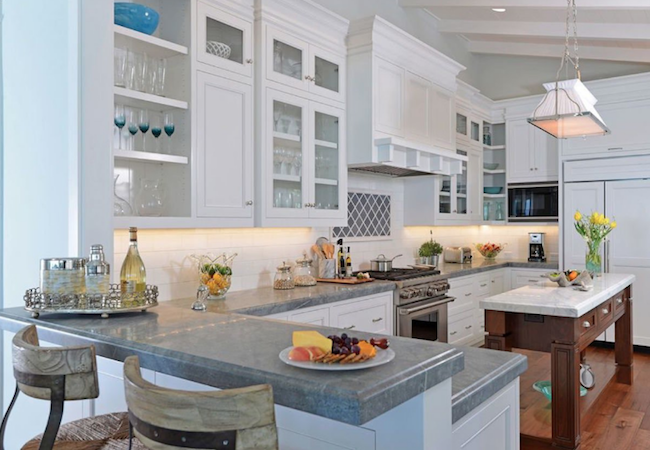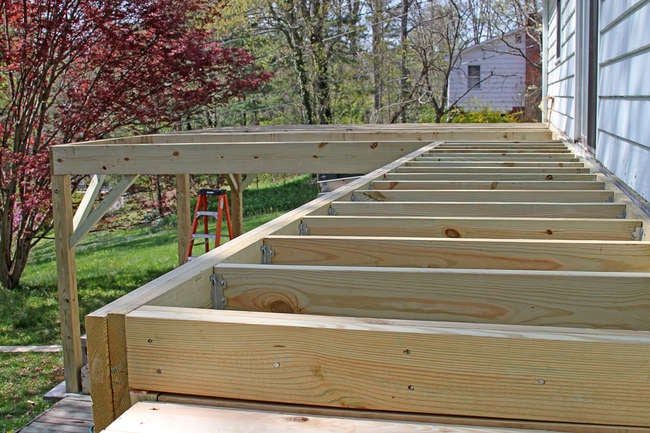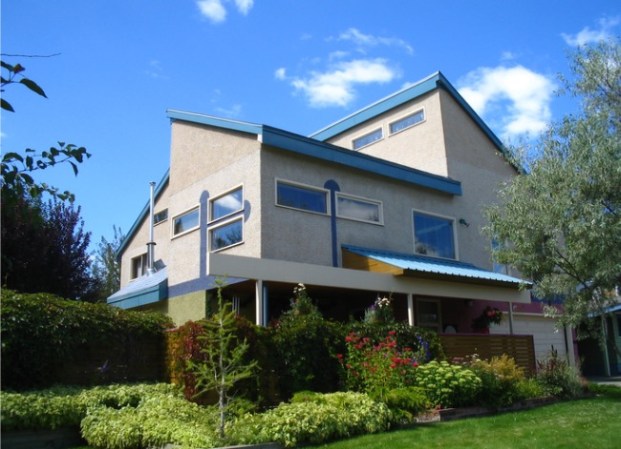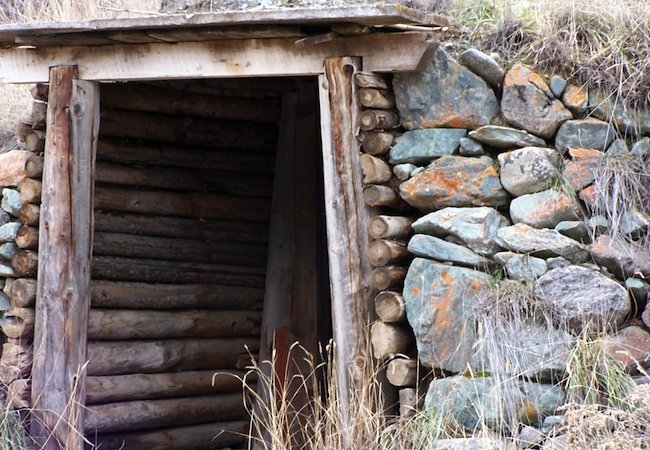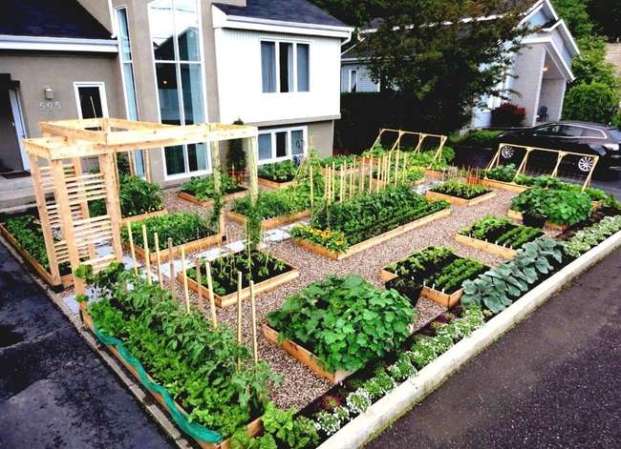We may earn revenue from the products available on this page and participate in affiliate programs. Learn More ›
Keep Your Cool
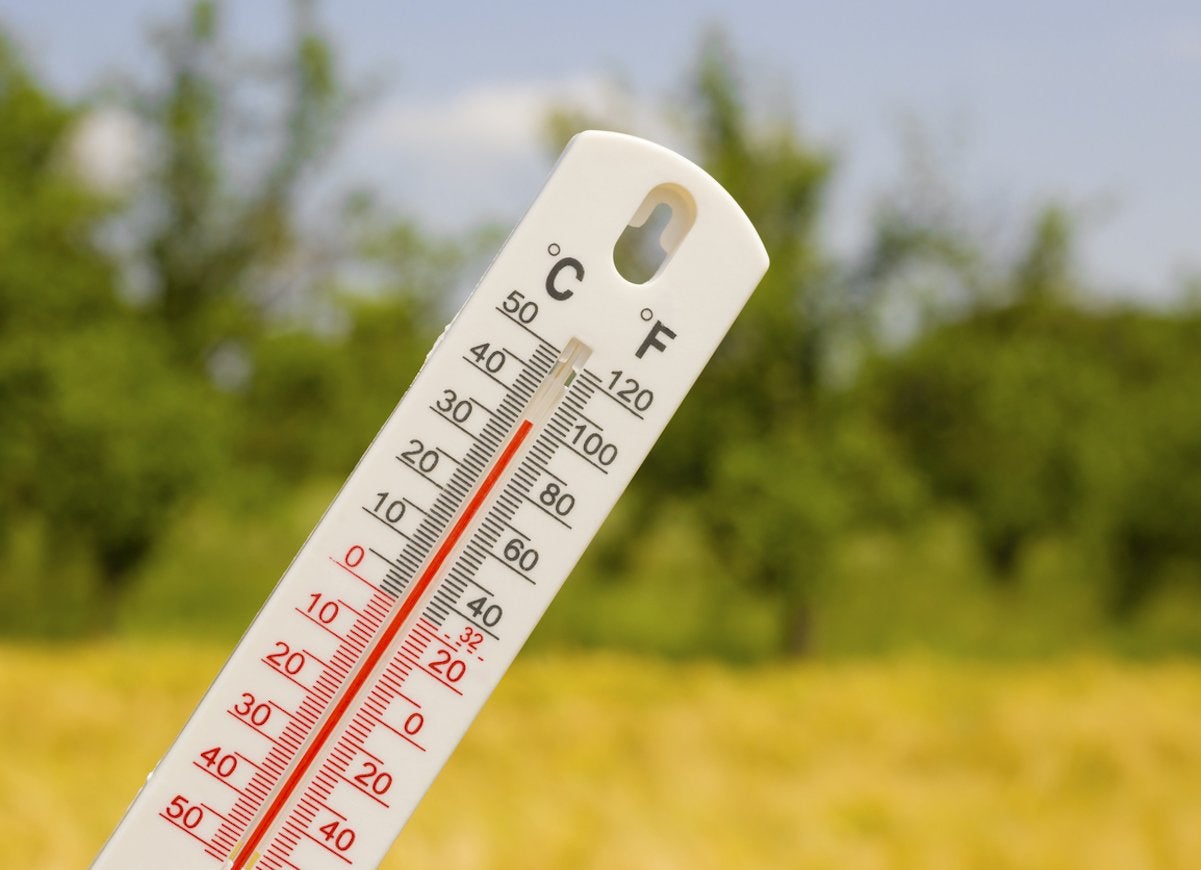
Is the heat getting to you? Everyone knows that air conditioning can get expensive. But not everyone knows about these simple, budget-minded ways to keep your cool. Read on for beat-the-heat suggestions to help you stay sane through the dog days of summer.
Seek Shade
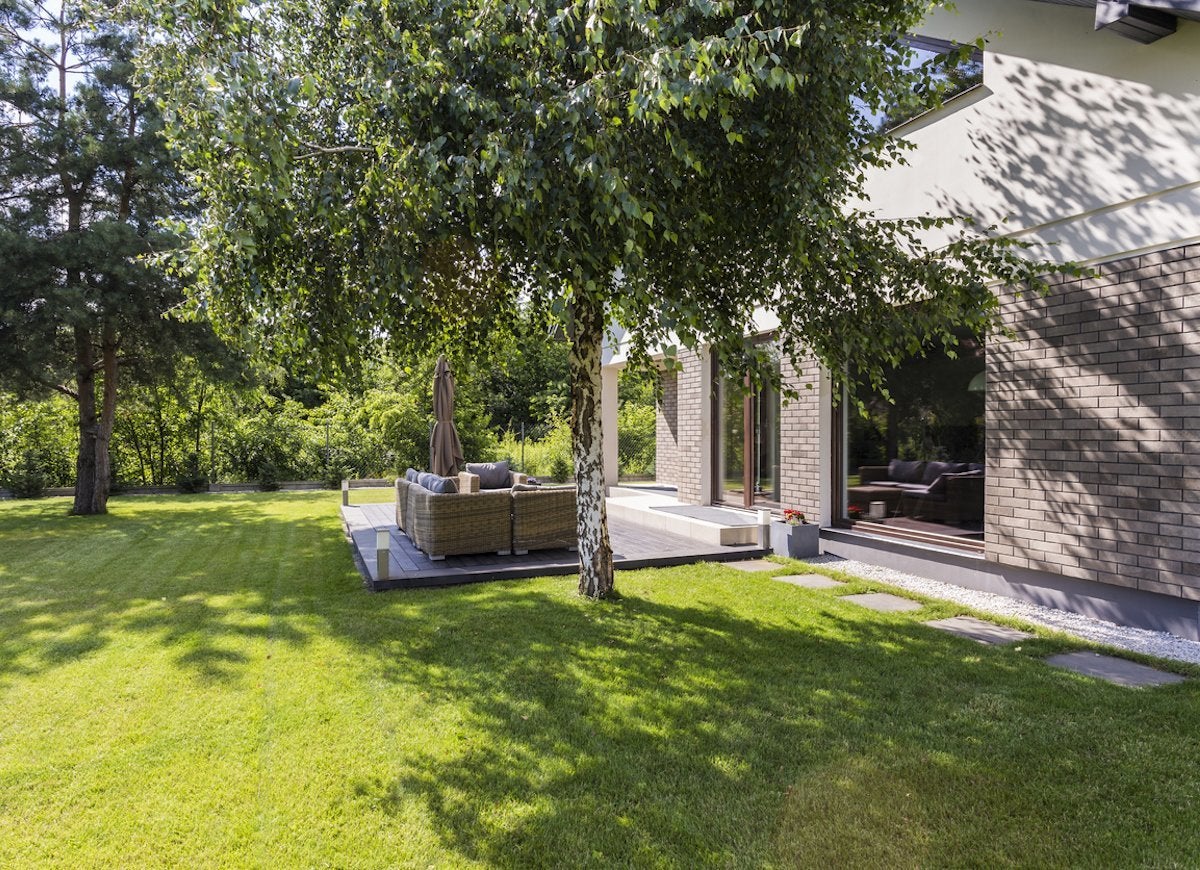
The advent of air conditioning has led many homeowners to disregard the low-tech coping strategies that worked decently well for people even in the recent past. Surround your home with shade-creating elements, such as landscaping, awnings, or trelliswork, to reduce the amount of solar heat gain within spaces indoors.
Throw Some Shade
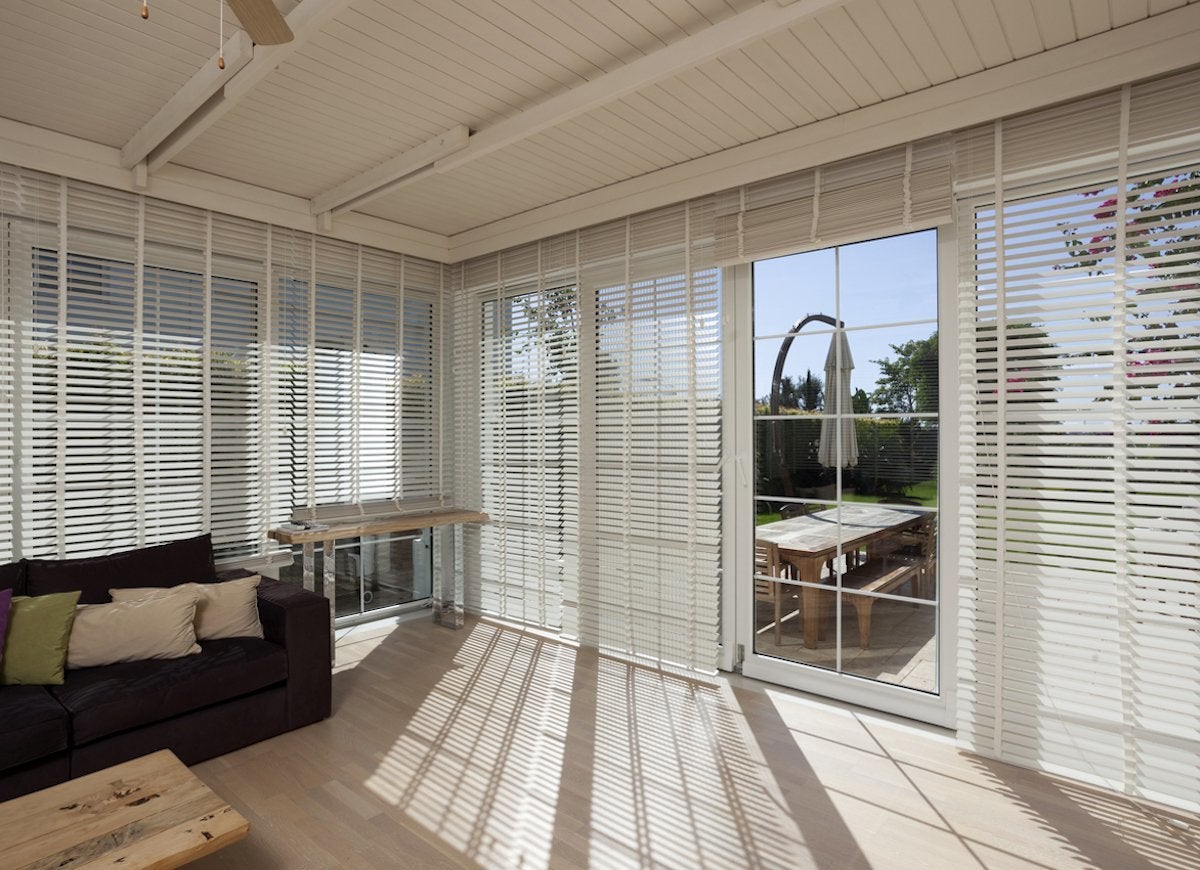
Creating shade with the help of smart landscaping design is one thing, but don’t forget about shading your living space from the indoors, too. Draw the blinds to keep the sun from heating the room and consider hanging heavier curtains to block the rays. Medium-colored draped with a white backing are said to reduce heat gains by 33%.
Block Out the Rays
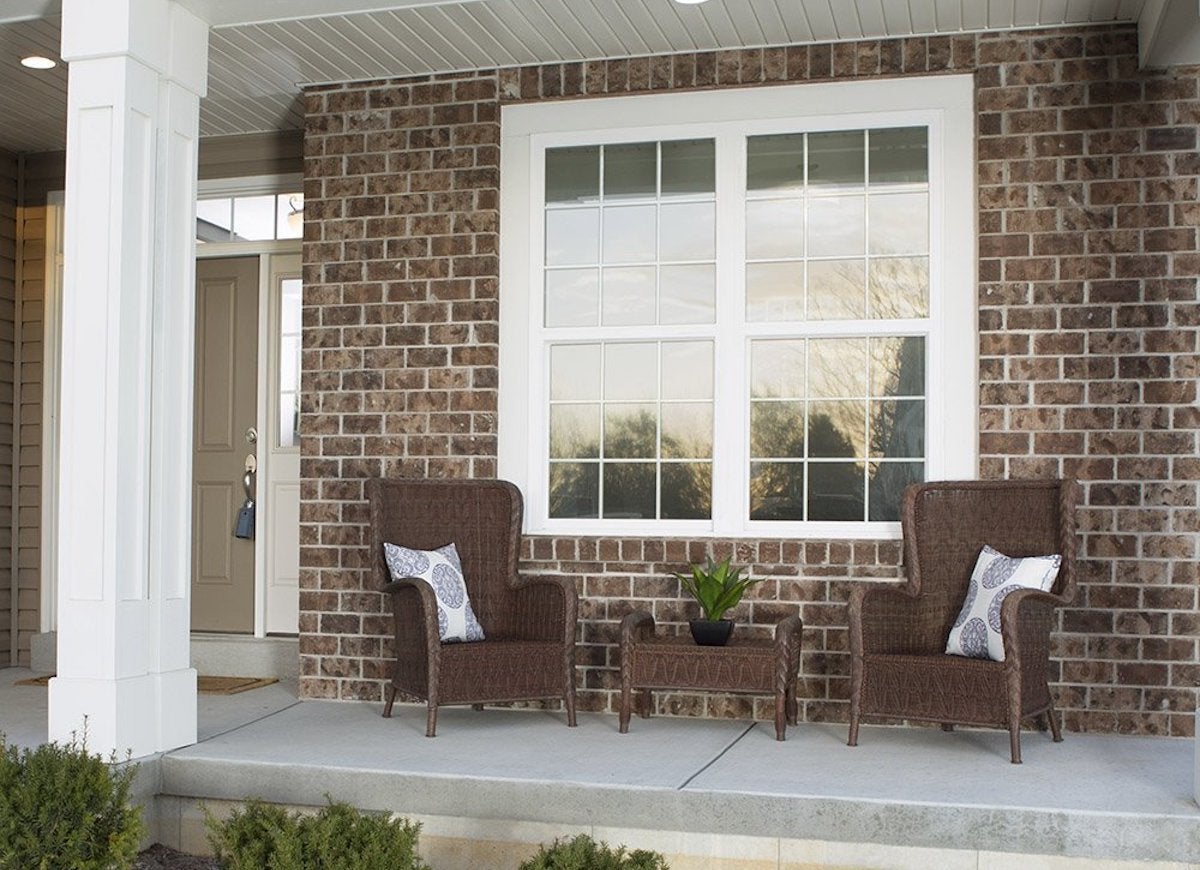
Take your window coverings an extra step with tinted window film. The simple DIY window treatment, which you can find on Amazon or at any home repair store, is another option that will block heat-causing rays from warming your home.
The Stack Effect
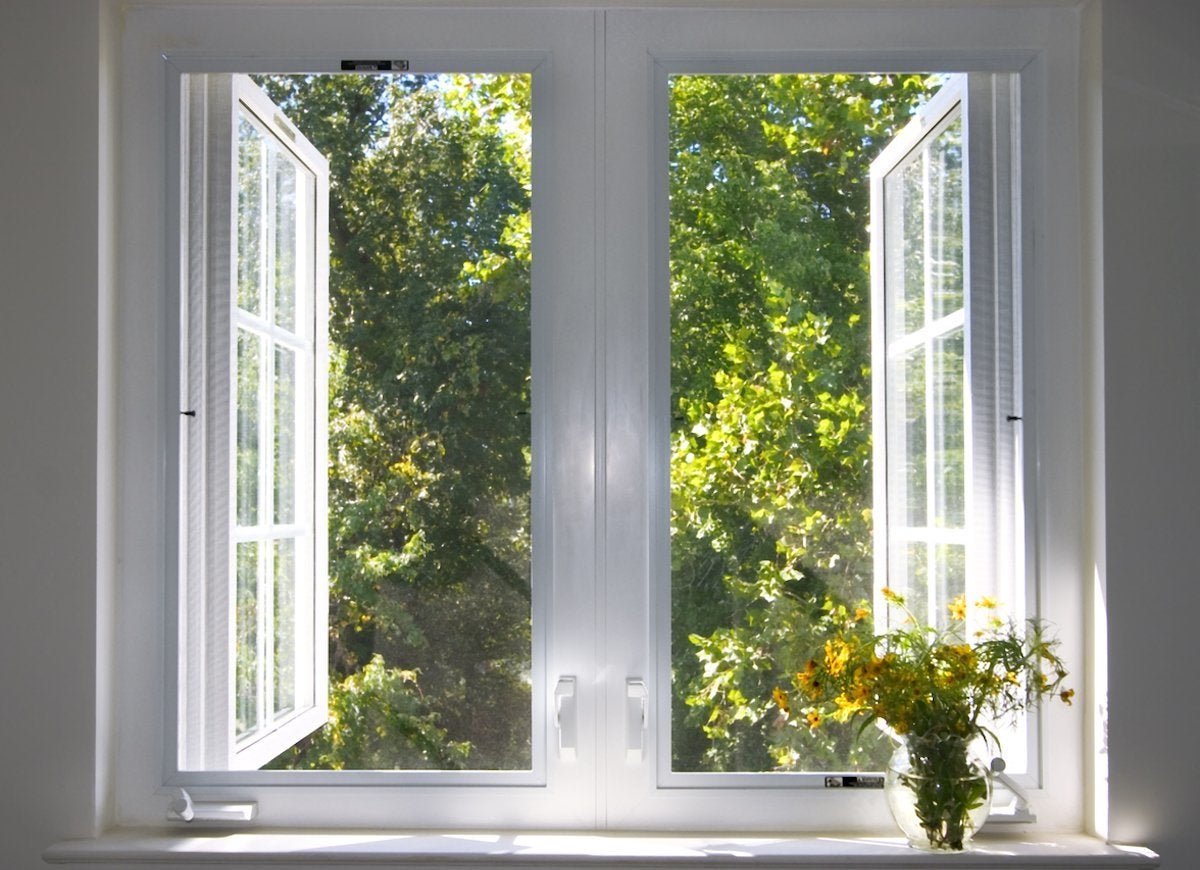
Pursue what’s known as the stack effect. To achieve it, open the windows on both the upper and lower floors, and as warm air exits the upper level, cooler air will come in at ground level (where you might consider sleeping). During the day—though it may seem counterintuitive—close the windows to maintain cooler indoor temperatures.
Cross Ventilation
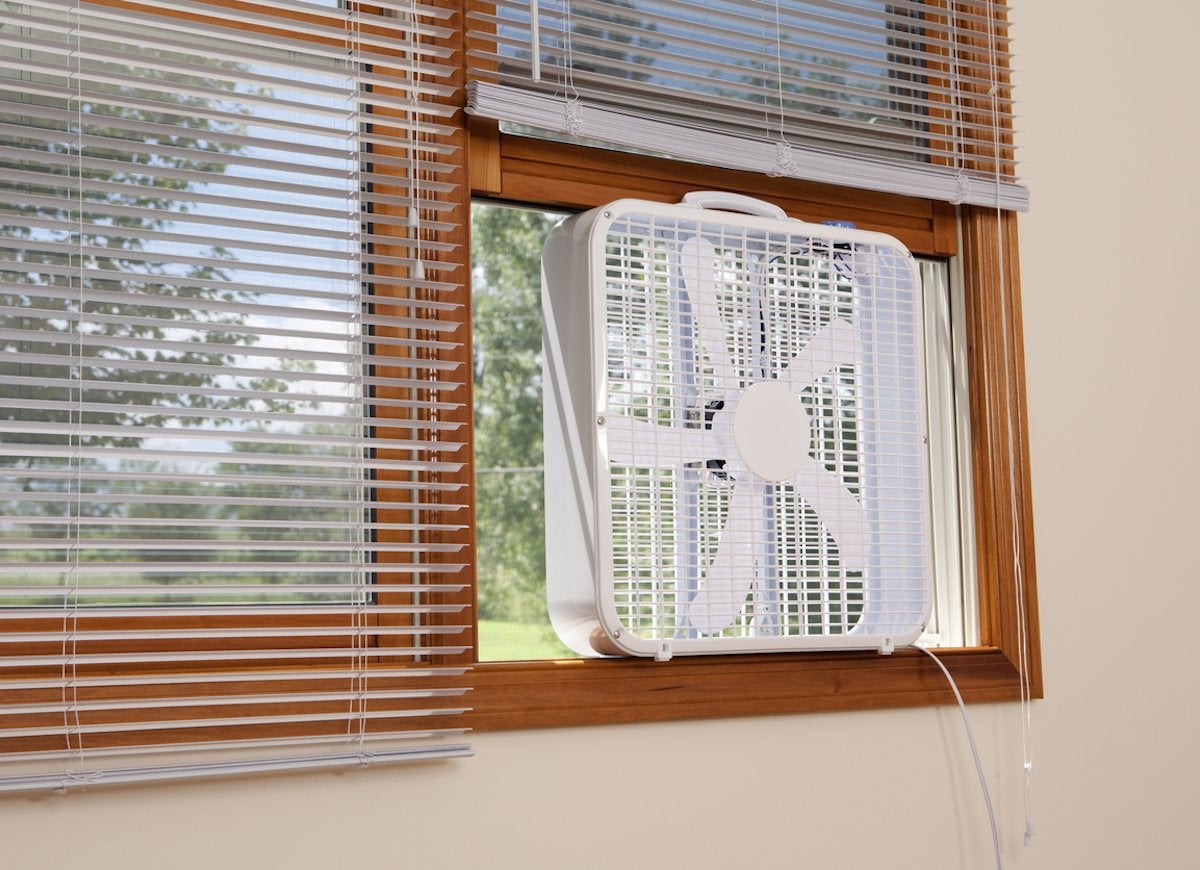
If the stack effect doesn’t work for your home then try cross ventilation. Put a box fan in front of a window, blower side in, and another fan at the window on the opposite side of the room, blowing outward, to push away warm interior air. This strategy blows warm air out of the house horizontally, unlike the previous one which works vertically.
Related: The Best Window Fans, According to the Folks Who Use Them
Size Matters
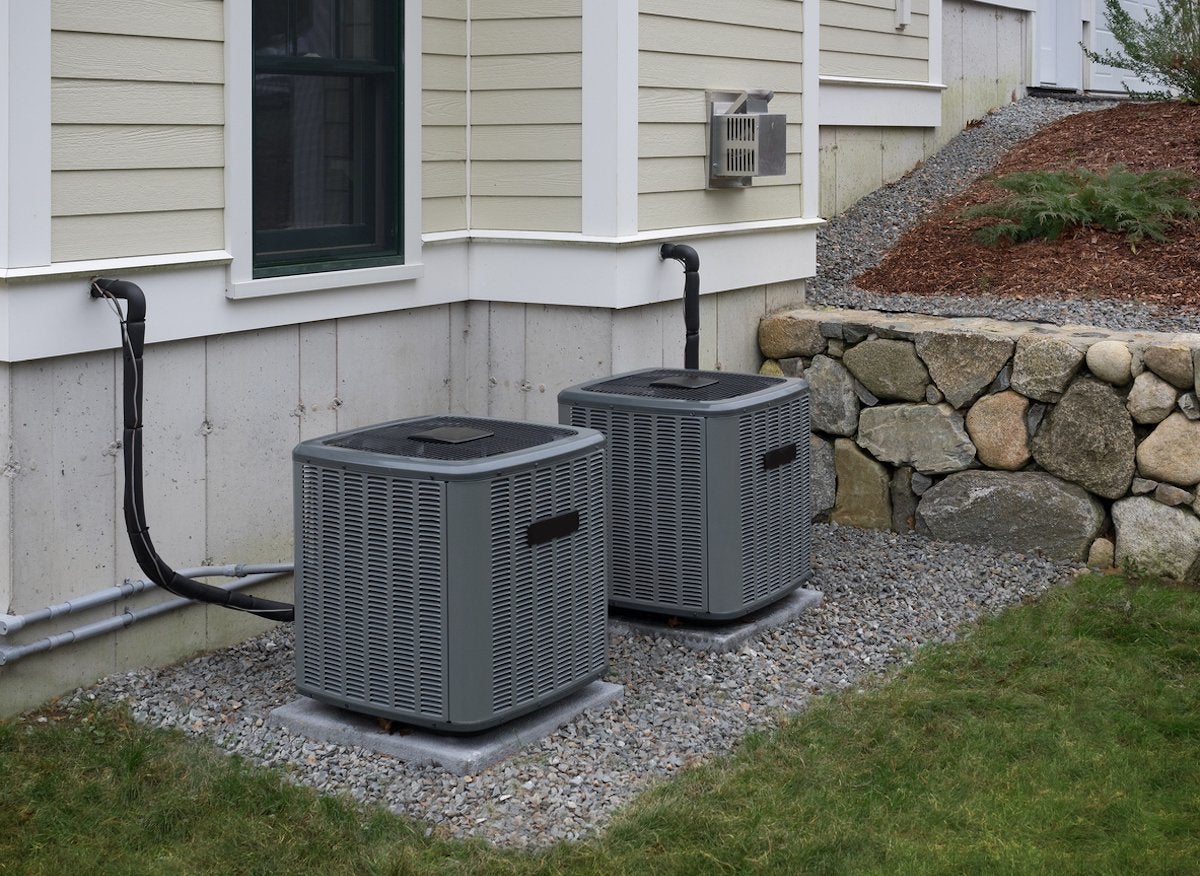
Some days, air conditioning is a must—that’s unavoidable. What you can avoid, however, is paying more than is strictly necessary to run your AC. Efficiency begins with a unit that’s properly sized for the space. An oversized unit may cool the room quickly, but if it switches off before lowering the humidity, you’re still going to feel clammy and uncomfortable.
Related: 7 Tricks for Keeping Cool Without AC
Ductwork Detective Work
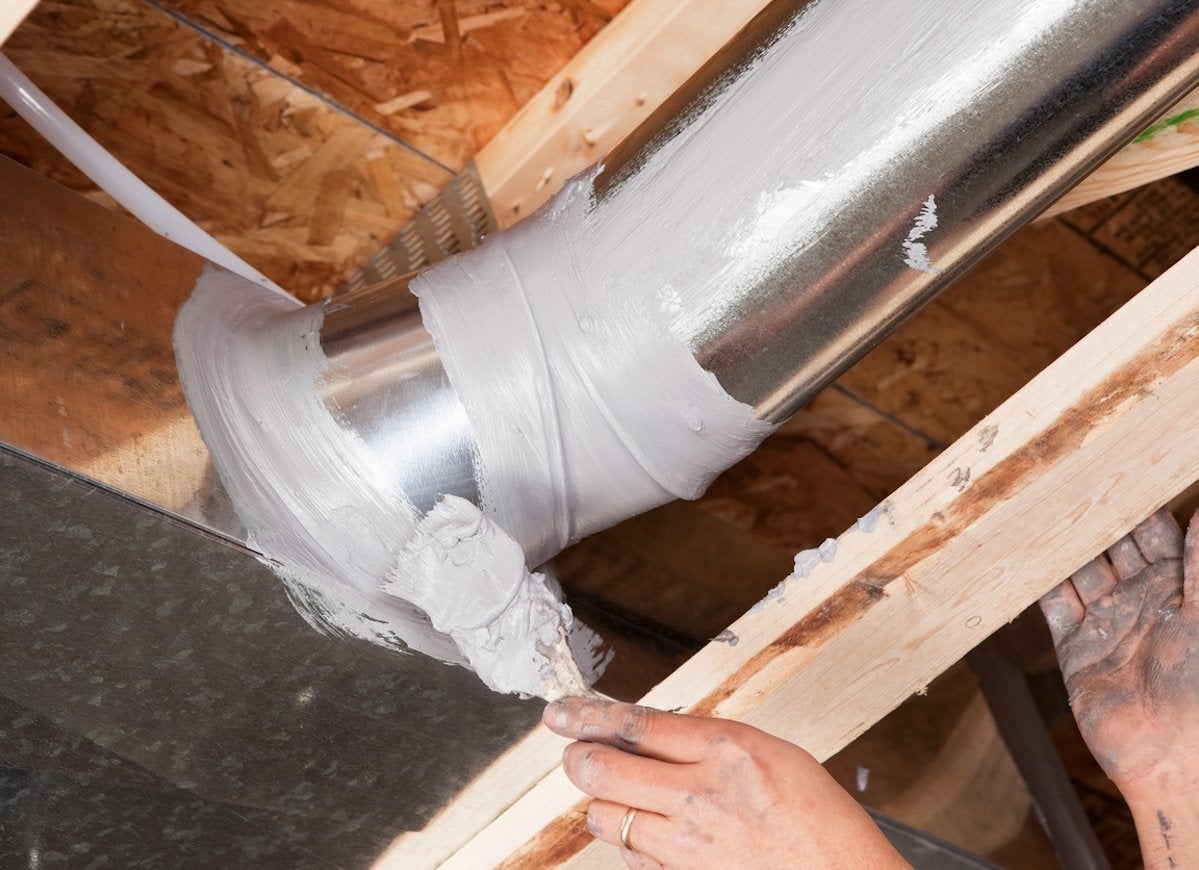
Leaks in ductwork can reduce the efficiency of your central air conditioning system by as much as 40 percent. Calling in a HVAC professional may not seem like a good way to save money, but if your electric bills seem exorbitant, it’s worth looking into. In the long run, you’re likely to save more in operating costs than you would have to pay the pro.
Plug the Leaks
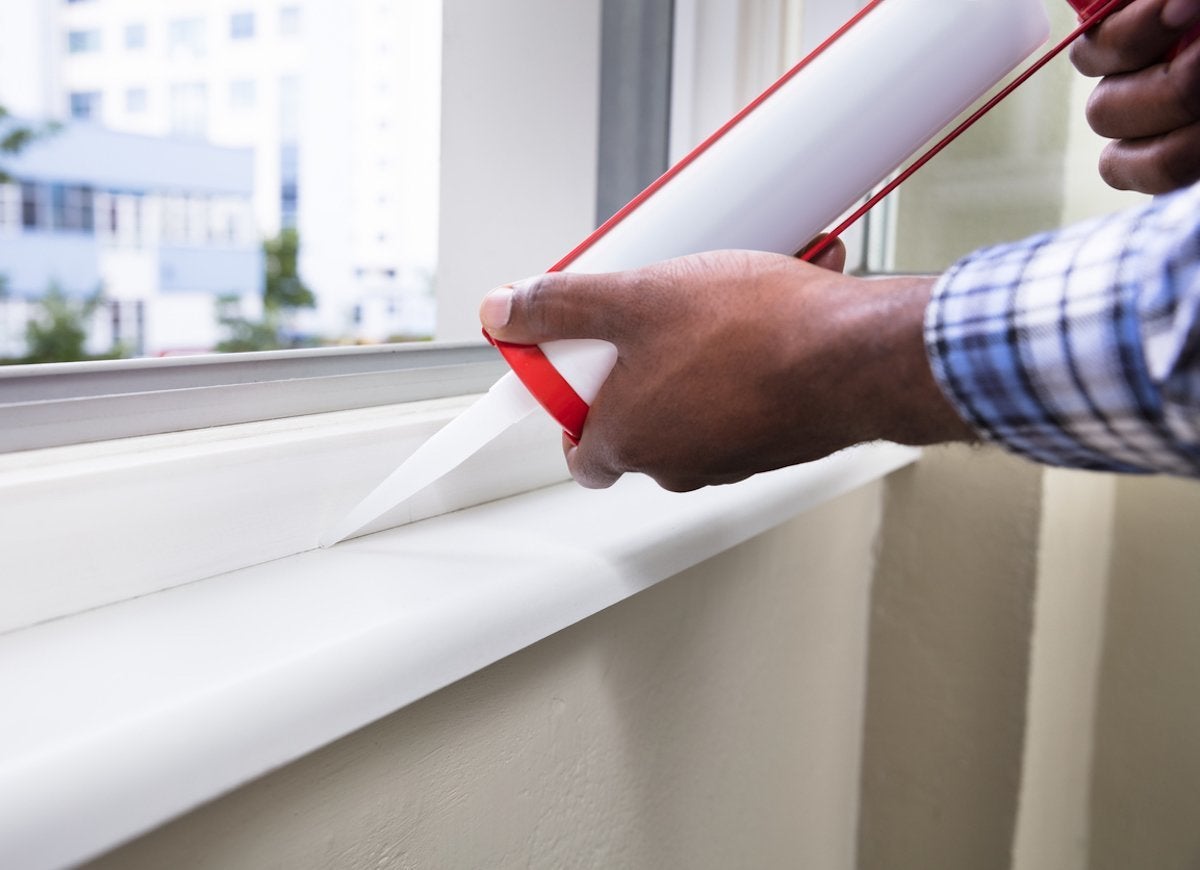
It’s not only ductwork that needs sealing. The average house is like a sieve, leaking air all over the place—and in the summer that means cooled air is blowing right outside and driving up your bills. An energy audit can help you identify leaks and cracks around windows, doors, and other holes in the home so you can close the gaps with caulk or foam sealant. Or you can plug air leaks as you encounter them, from the basement on up to the attic.
Swap the Bulbs
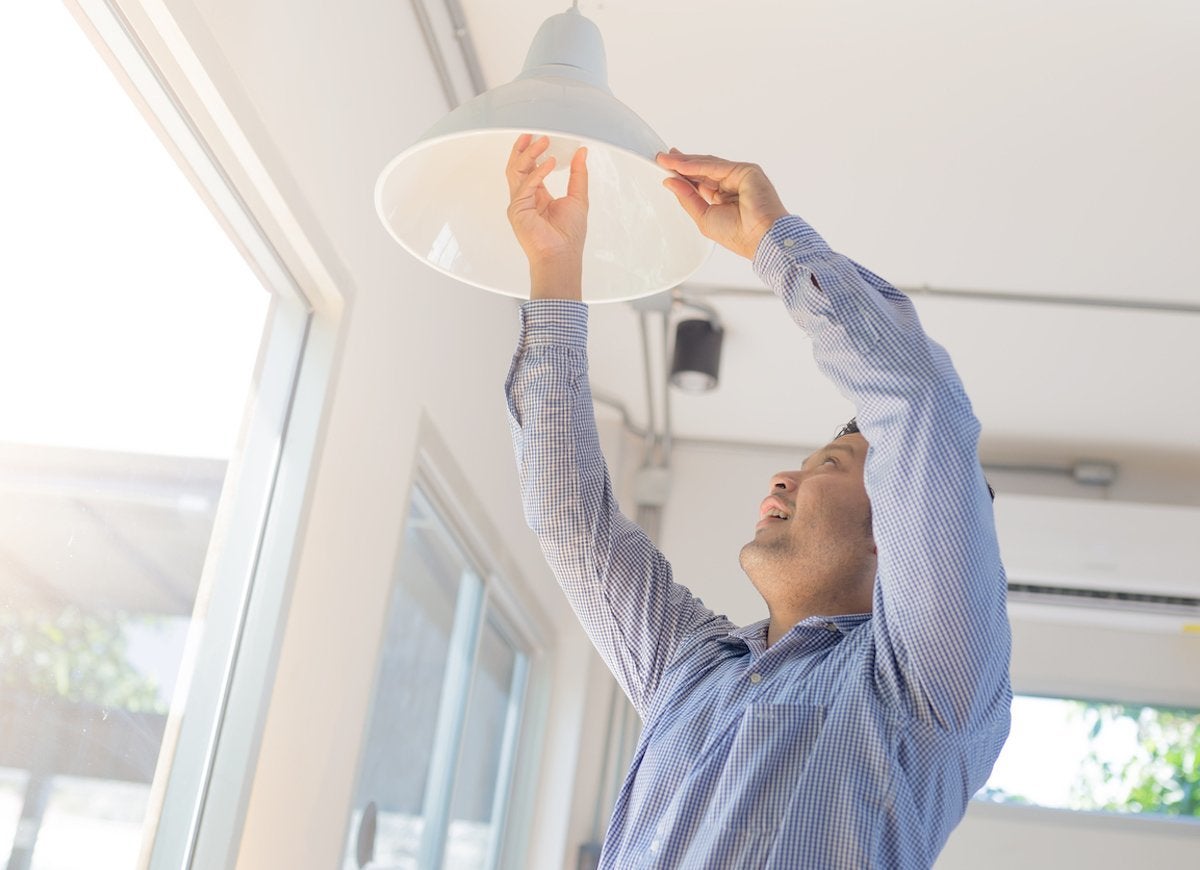
If you haven’t already made the switch to LED light bulbs, here’s another reason to do it: they keep rooms cool. Incandescent bulbs and compact fluorescent lights emit more heat than LEDs. Also, don’t forget to shut the lights off when not in use. Every little bit counts when it comes to keeping cool!
Set It, Stat
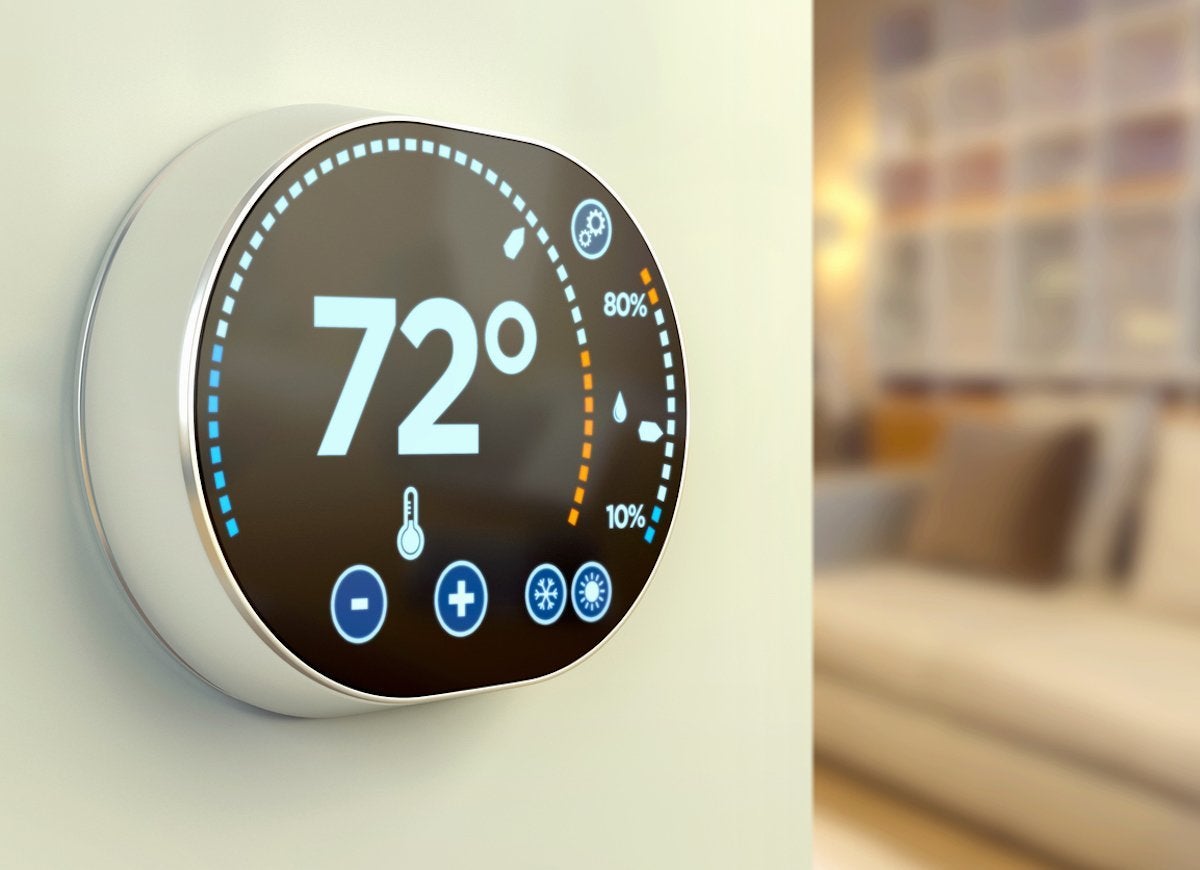
It pays to install a programmable thermostat in your home. There are many affordable options on the market, and even opting for a more expensive model will pay you back in the long run in the form of energy savings. Set the thermostat to a cool default temperature when it knows you’re home and program it to automatically switch to a warmer temperature when you know the house will be empty, like during work and school hours.
Fan Around
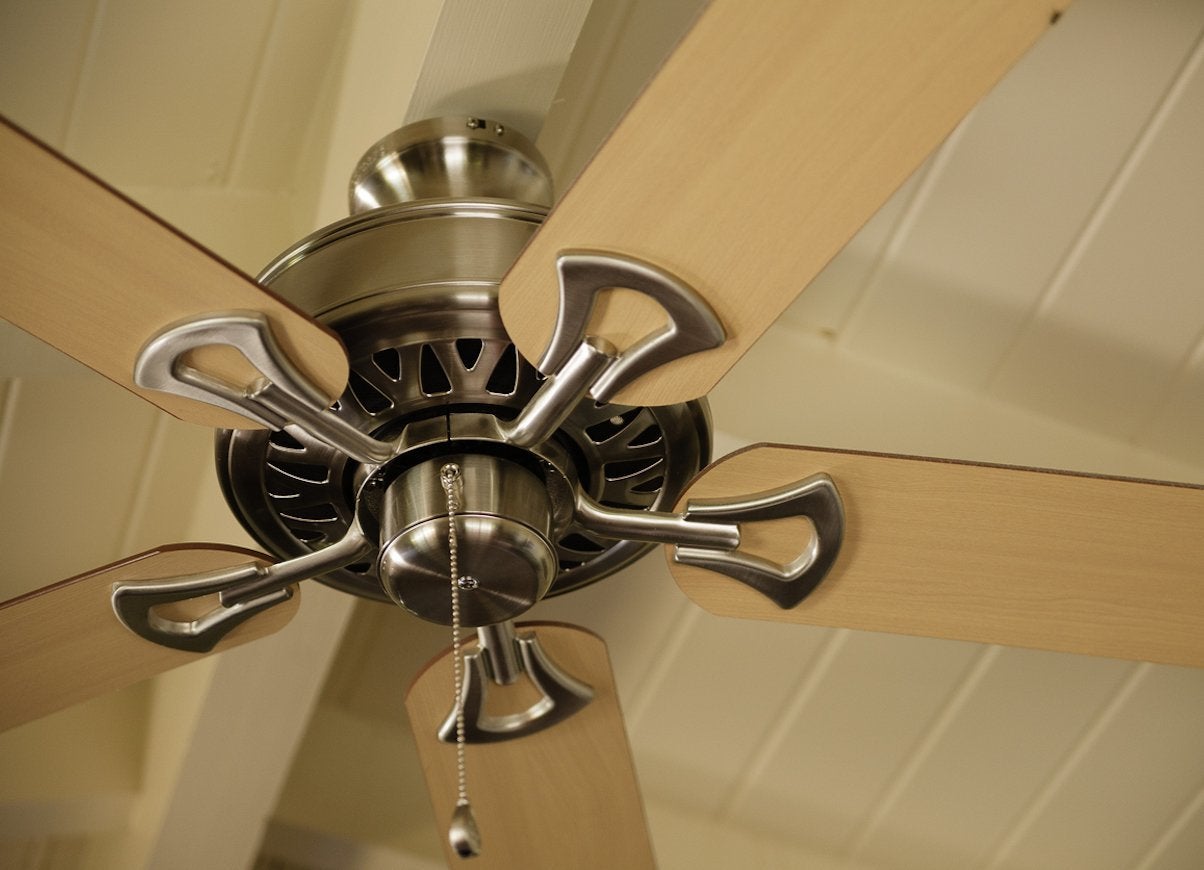
When the house feels stuffy on a warm day ignore your instinct to switch on the air conditioner and give fans a try first. Using ceiling fans and electric fans costs less than blasting the air conditioning. To make the most of this energy-efficient technology, strategically place fans around the house to help blow cool air around.
Related: Buyer’s Guide: Ceiling Fans
Keep It Clean
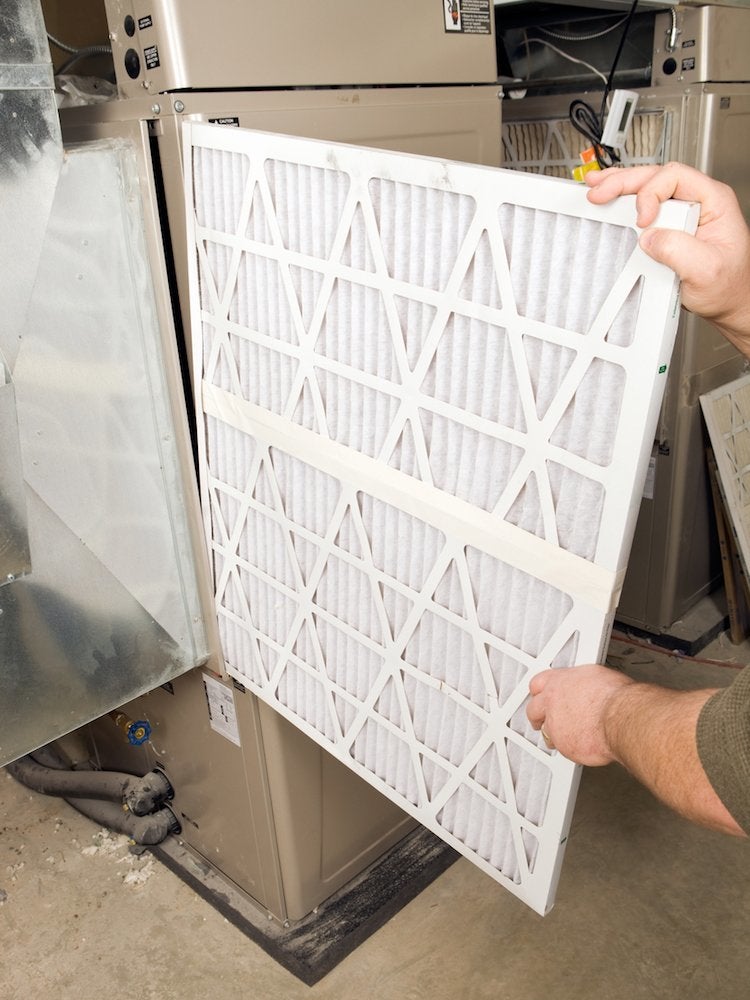
Remember to clean or replace your HVAC filter monthly during summer months. When filters are dirty, the cooling system has to work hard to push air through the ducts, which increases energy costs and increases the risk of malfunction. Taking care of this simple maintenance task could save you loads of money in repair costs and help ensure that your cooling system keeps working when you need it.
Turn It Off!
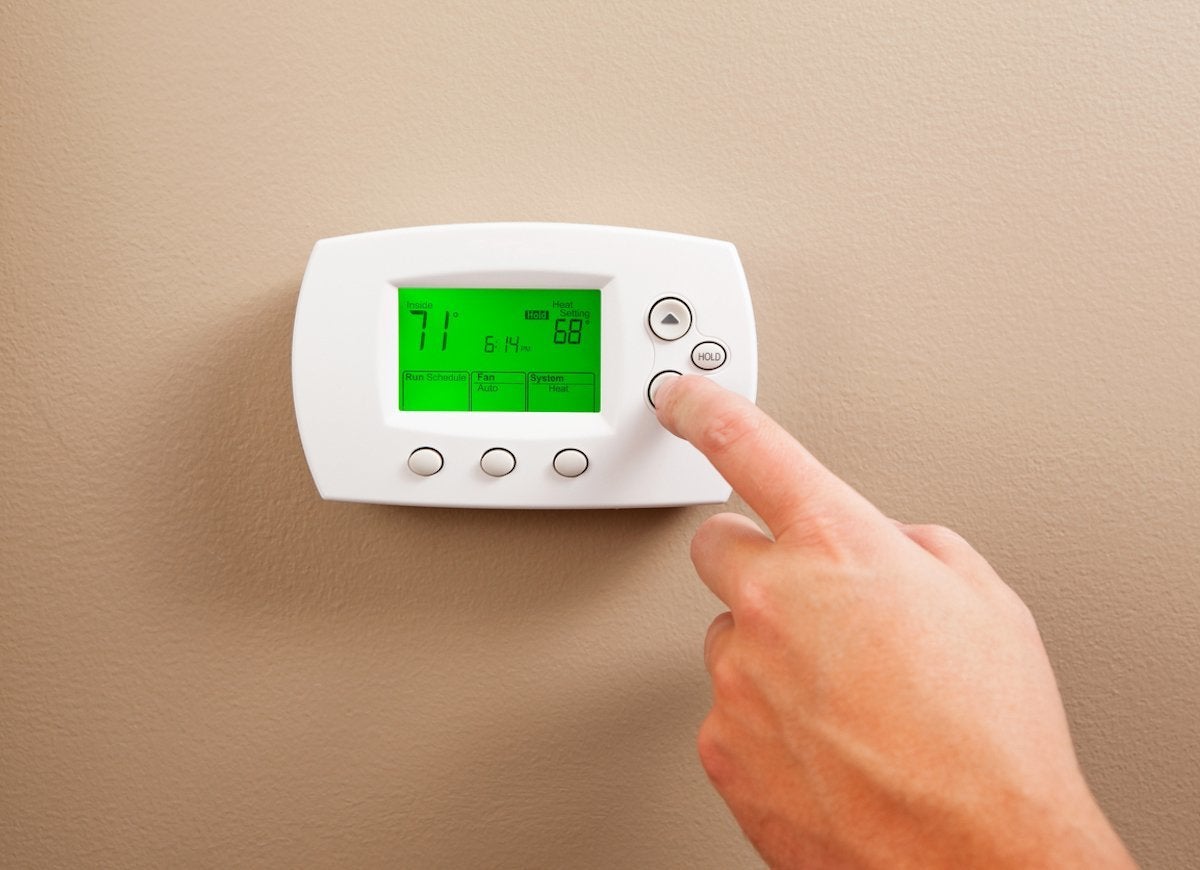
Sure, it feels nice to step inside a cool house on a sweltering day, but it’s a luxury not a necessity to leave the AC running while you’re not home. Shut off the AC while you’re out running errands; it won’t take that long for the house to cool down once you return and and crank it back on.
Dinner Alfresco
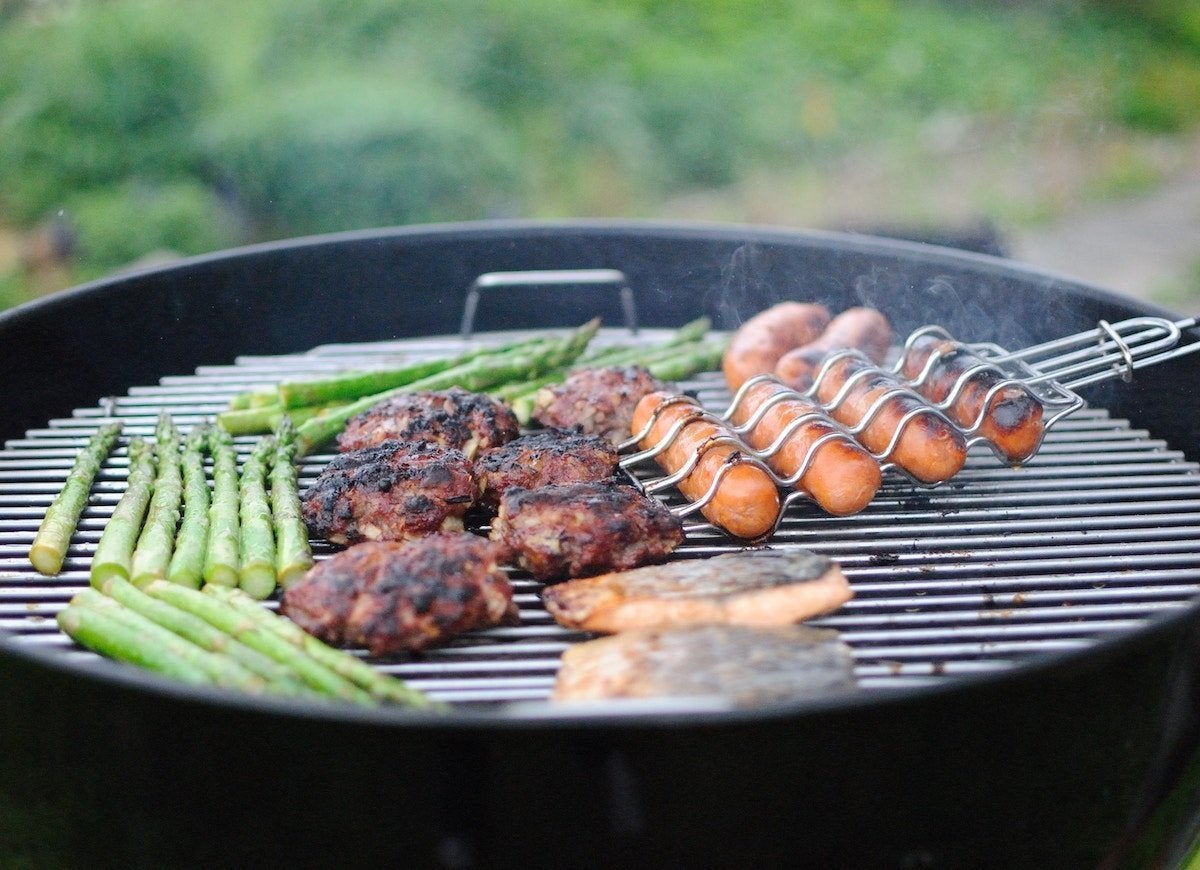
Operating the oven or stovetop inevitably generates heat in the kitchen, the heart of any home. Of course, the answer is not to forego dinner. Instead, opt for lighter meals that can be prepared with little or no cooking time. And if possible, do your more serious cooking over the grill outdoors on your deck, patio, or lawn.
Welcome the Breeze
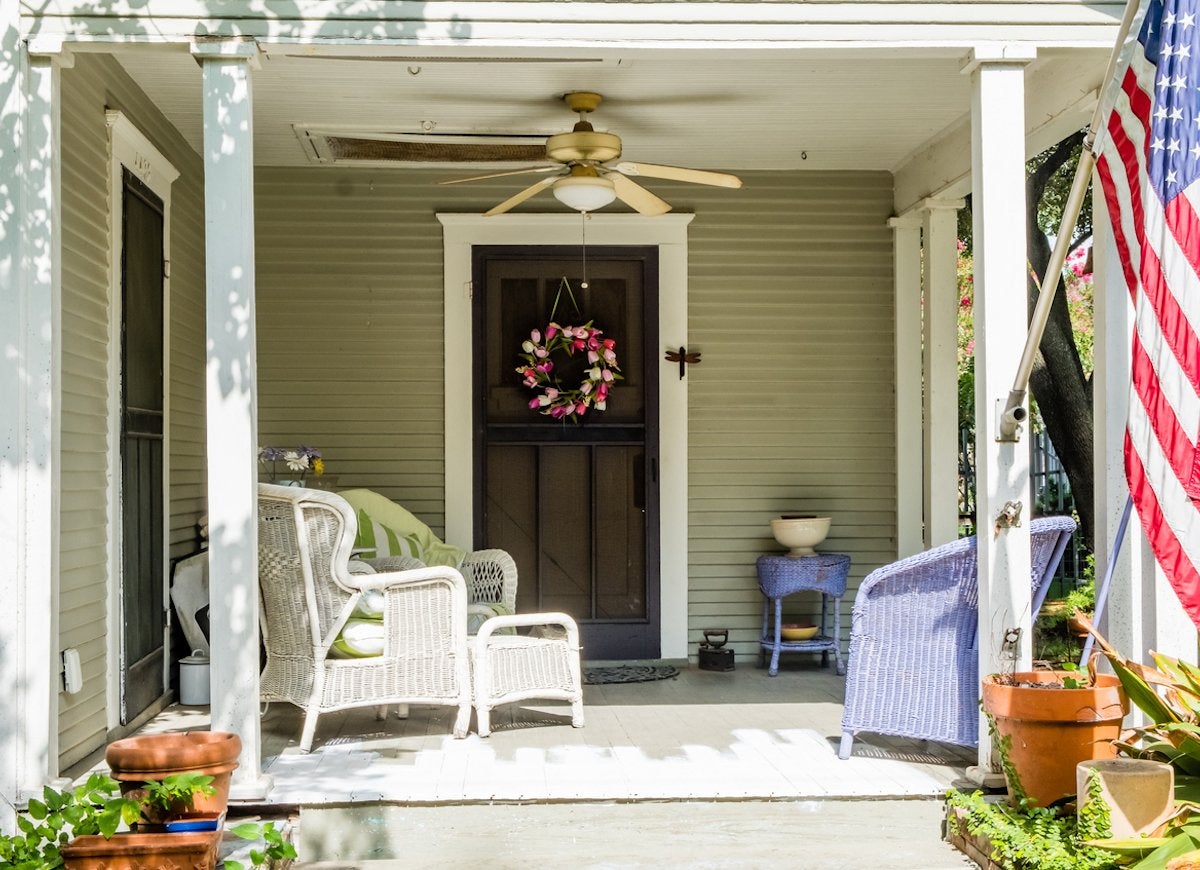
Take advantage of a cool breeze wherever you can. Install a storm door with screen panels so you can leave your doors open just as you do with your windows.
Hit Pause on Chores
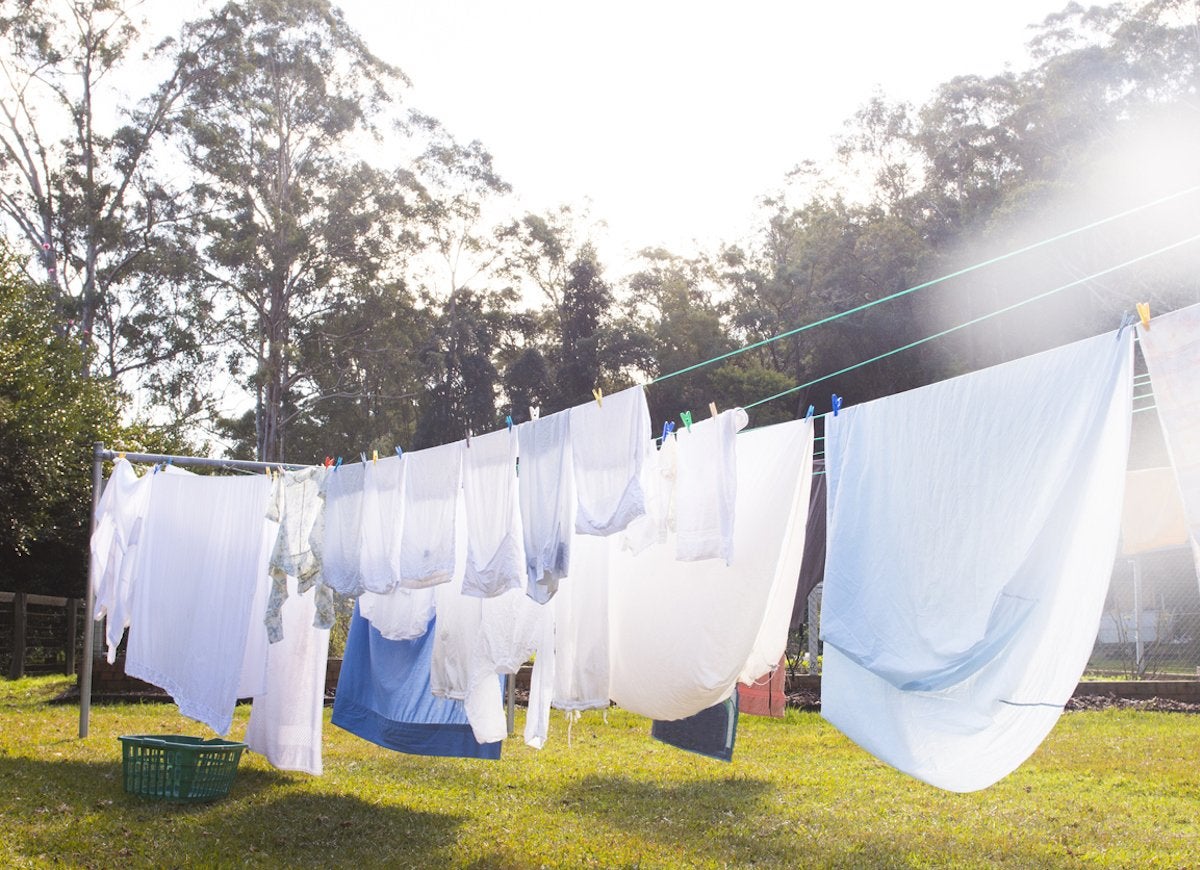
You might not notice a considerable difference, but when the major appliances in your house are running the temperature inside spikes. Try to give your AC a break by running the washing machine, dryer, and dishwasher early in the morning or at night when it’s typically cooler out. In addition, try only running full loads in the washing machine and dishwasher, and opt to line dry your clothes.
Pick an Efficient Model
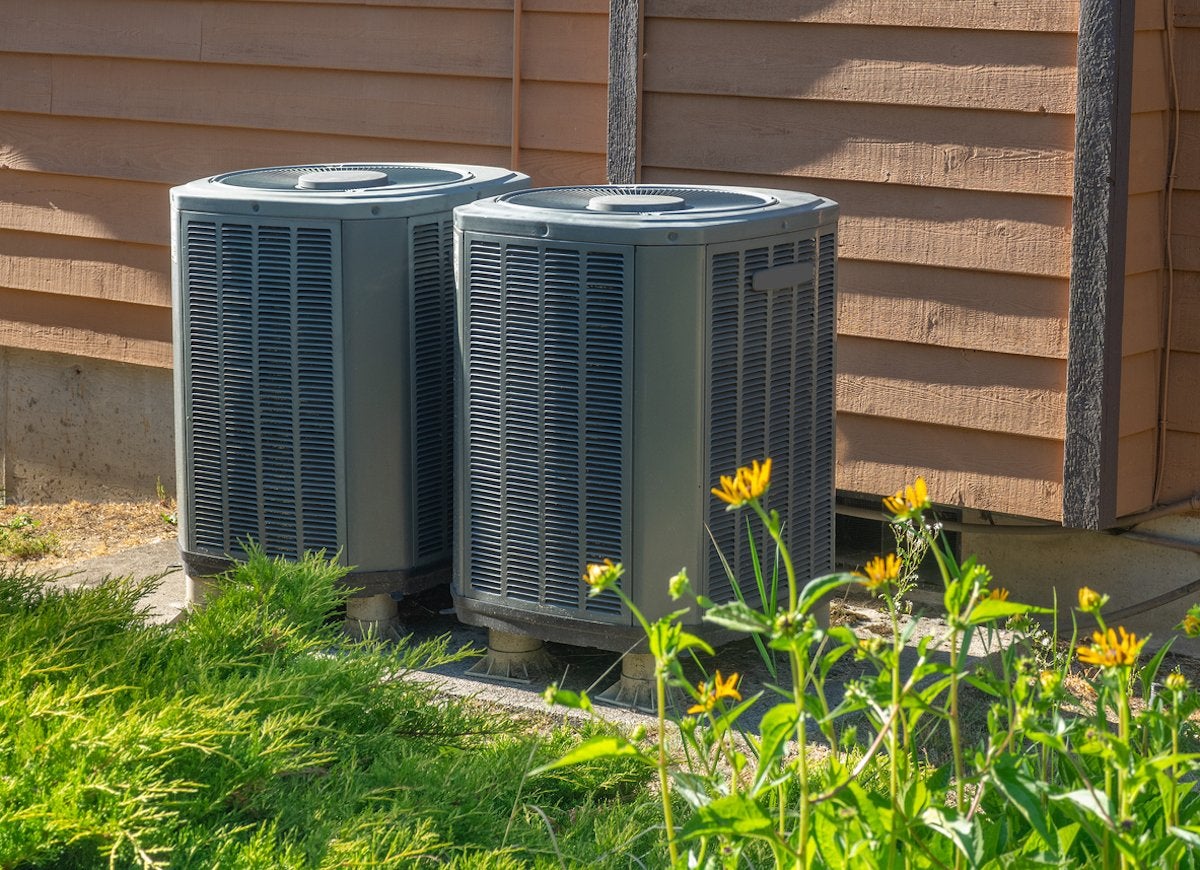
When it’s time to get a new air conditioner or replace an old one always be on the lookout for a model with the Energy Star seal. This government-backed label indicates that the appliance meets an energy efficient standard. Not only will this help you save money, but some energy companies offer rebates. You can also find the seal on ceiling fans, thermostats, and light bulbs.
Mind the Doors
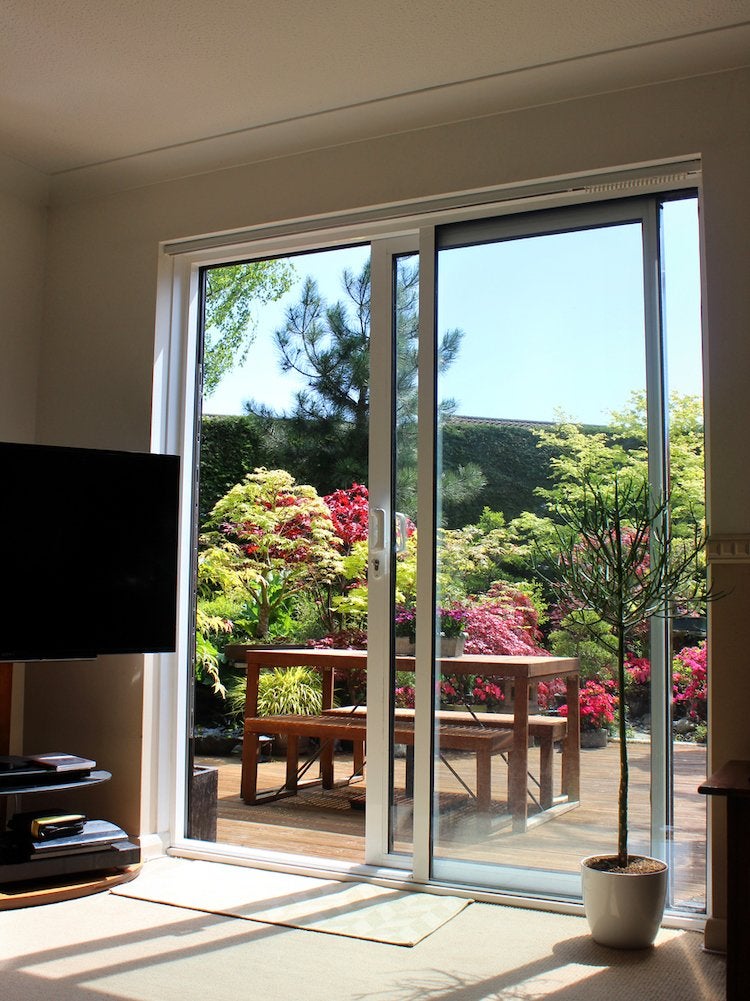
It should go without saying that if the AC is on you should shut the windows and close the back door. But what you do with the interior doors all depends on the type of AC unit in your house. For central air, leave the doors open to help the system keep the temperature balanced throughout the home. For a window or portable unit, keep the door of the room it’s in closed. This system pulls air from the room and circulates it back out cool, so if warm air leaks in the unit is forced to use more energy.
Bring On Evaporation
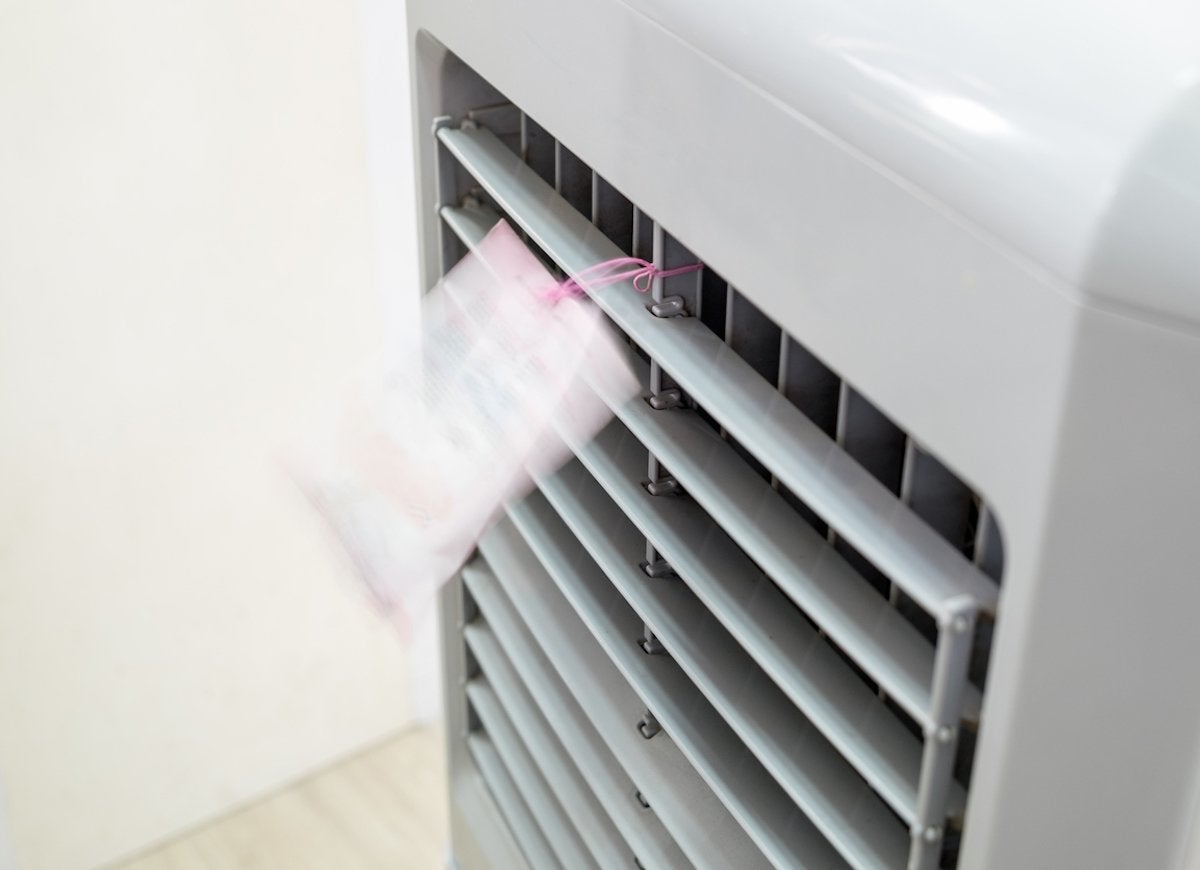
istockphoto.com
Evaporative coolers are making a comeback of sorts, particularly in dry climates, where these simple machines can lower the air temperature by five degrees or more (by blowing air through wetted pads). No, evaporative coolers are no substitute for air conditioning on a sweltering day, but they are cheaper to operate when the heat is not extreme.
Shut It Down
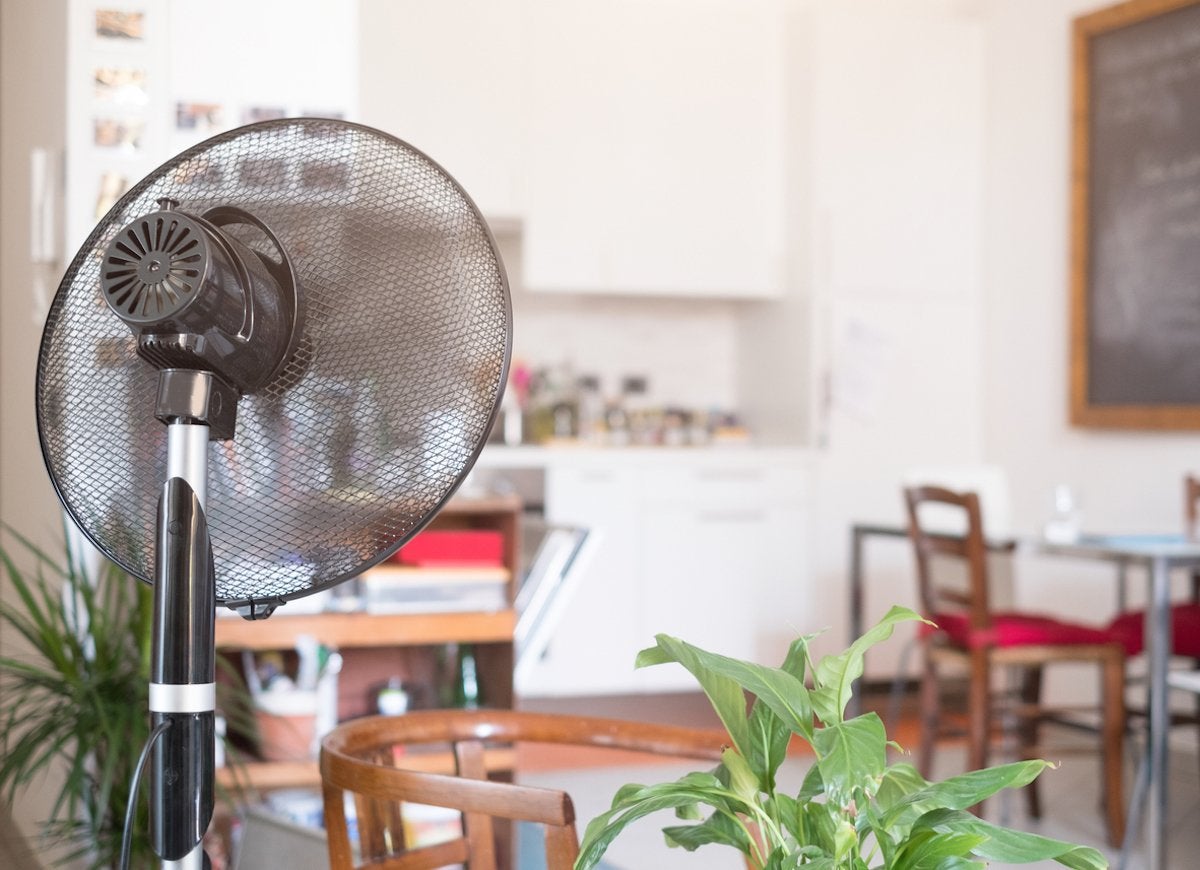
You might think you’re cooling a room by leaving the fans on when you leave, but in reality it’s just wasting energy. Fans blow around cool air that creates a wind effect, which in turn cools people down—but not the room. Turn them off if you’re in a different part of the house or just not home.
Air It Out
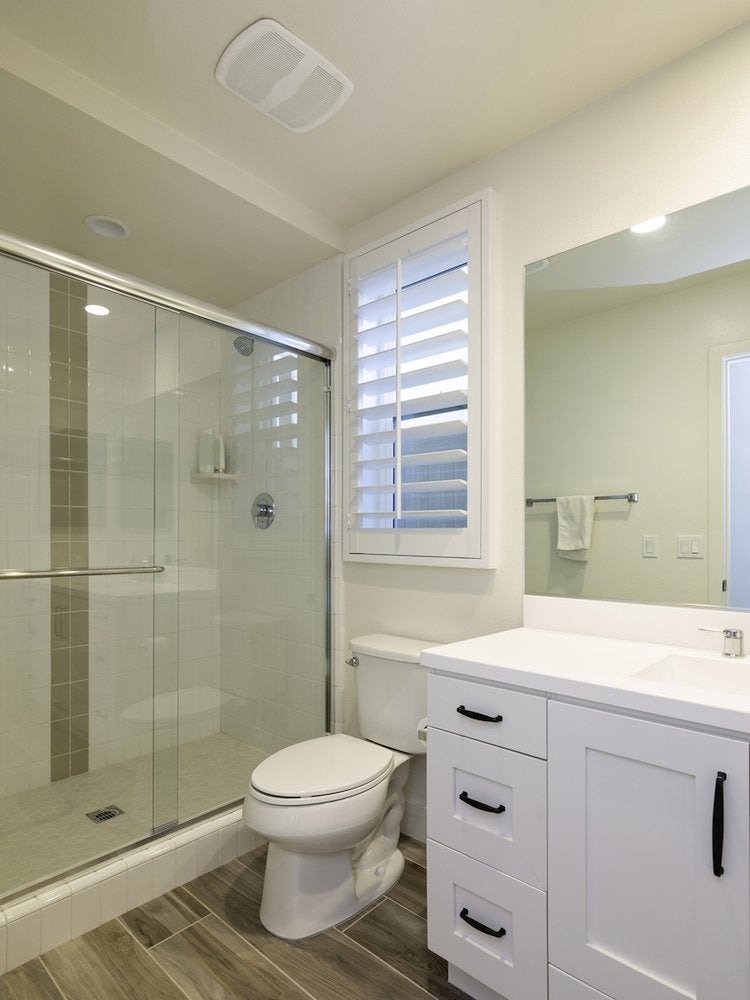
Turn on the fan in the bathroom after you shower to quickly reduce the heat and humidity. It helps even more if you can keep your showers short and use cooler water than you would in the winter.
Play Keep Away
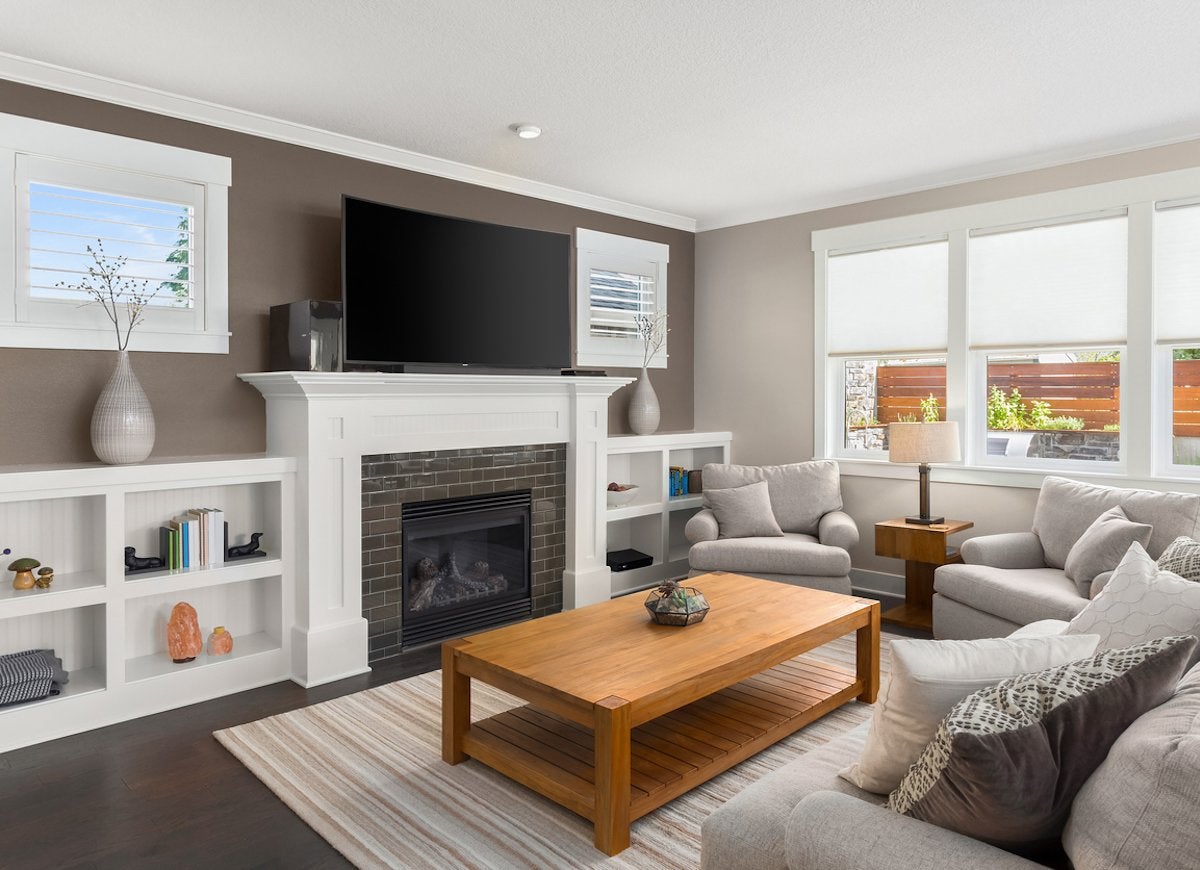
It might seem like a minor thing, but keep lamps and other hot items like TVs, computers, and irons away from the thermostat. It can sense the heat generated from these things, which will make the AC think the room is warmer than it is.
Check the Vents
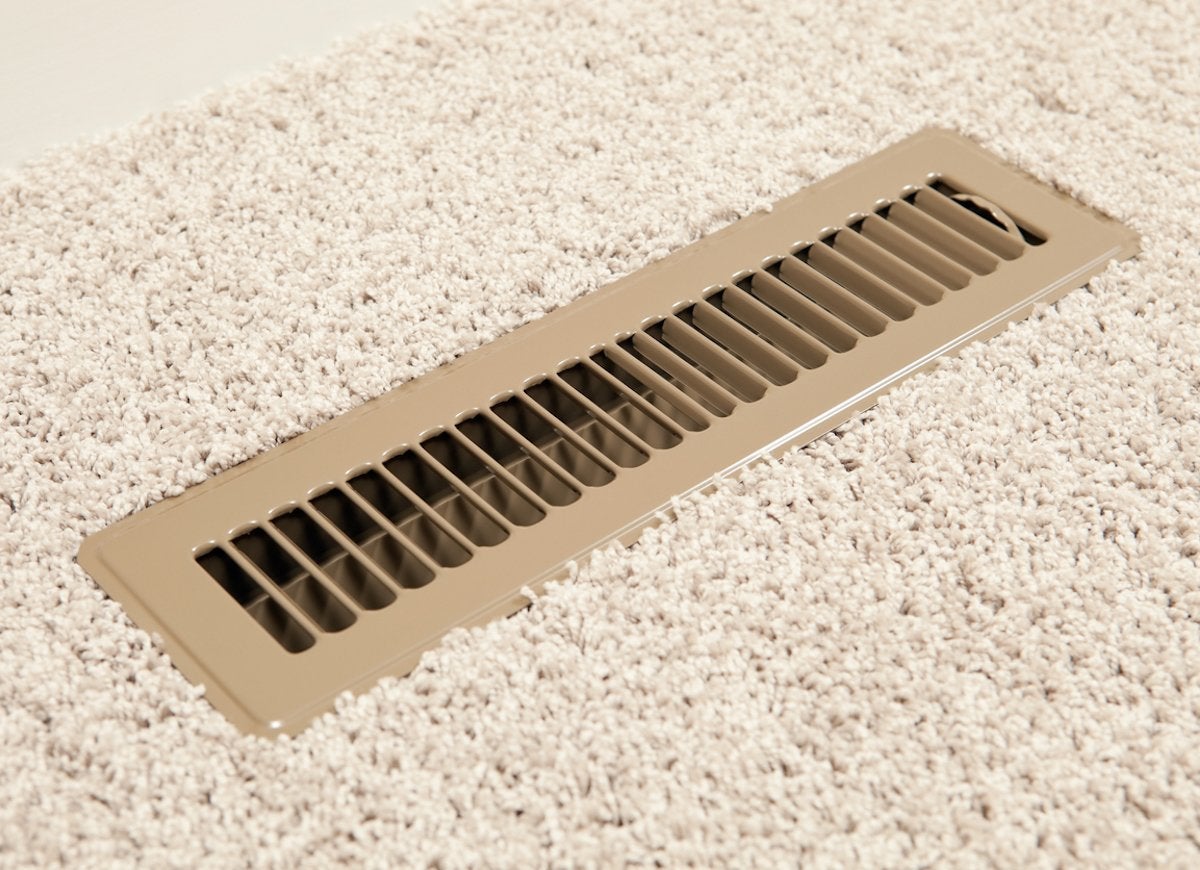
It’s hard to feel cold air blowing into the room if the registers are blocked. Instead of mistakingly thinking your AC is broken or that you need to lower the temperature even more, make sure the air is able to blow through. While you’re checking them out, give them a vacuum to remove dust buildup.
In Hot Water
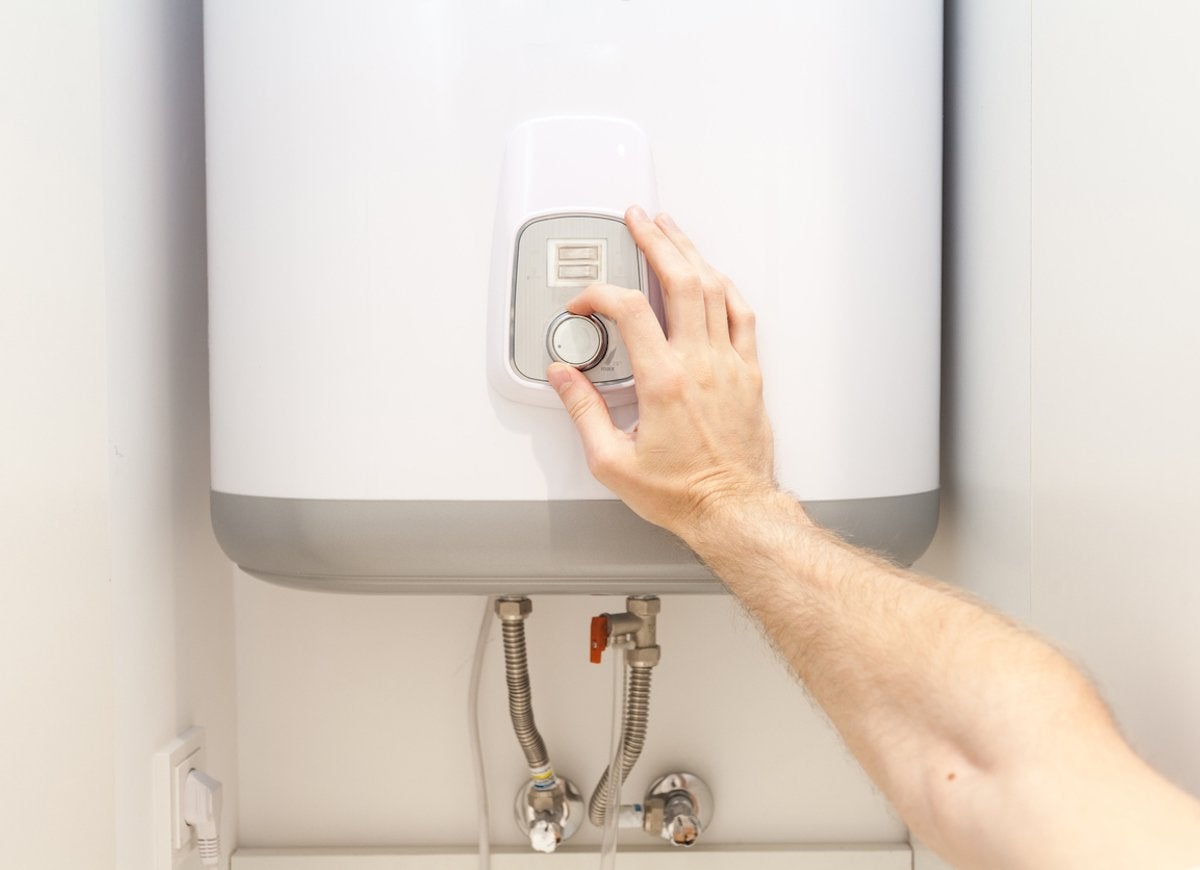
According to the U.S. Department of Energy, water heating accounts for about 18% of the energy consumed in your home. Since there’s no need to take long hot showers or baths in the summer, turn down the temperature of your water heater to the warm setting.
Related: 8 Appliances That Cost You a Fortune in Energy Bills
Stay Low
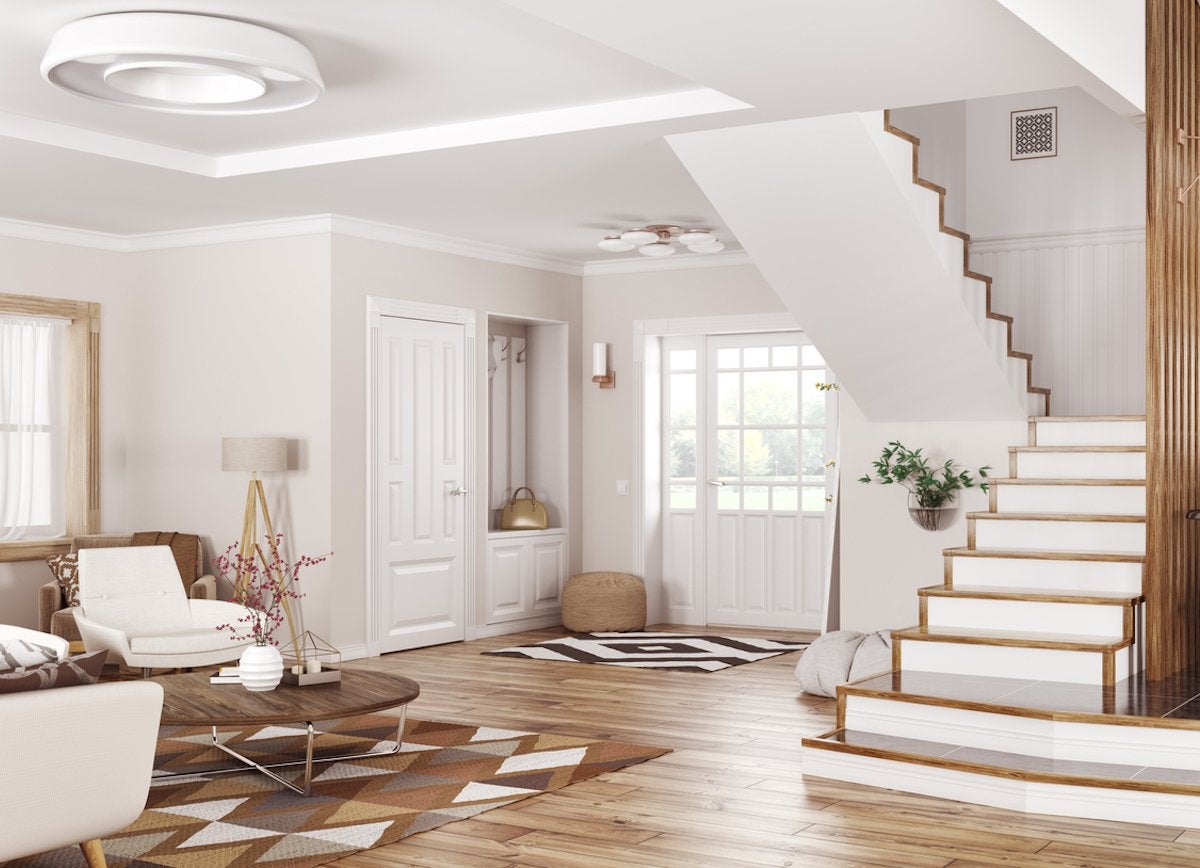
It’s basic knowledge that heat rises, so consider spending more of your time on the lower level of your house to stay comfortable. Even if the AC is on it often takes longer for that cool relief to travel upstairs. Rather than feeling the need to aggressively lower your thermostat so the upper level is the same temperature as the rest of the house, just hang in the rooms where it already feels good.

